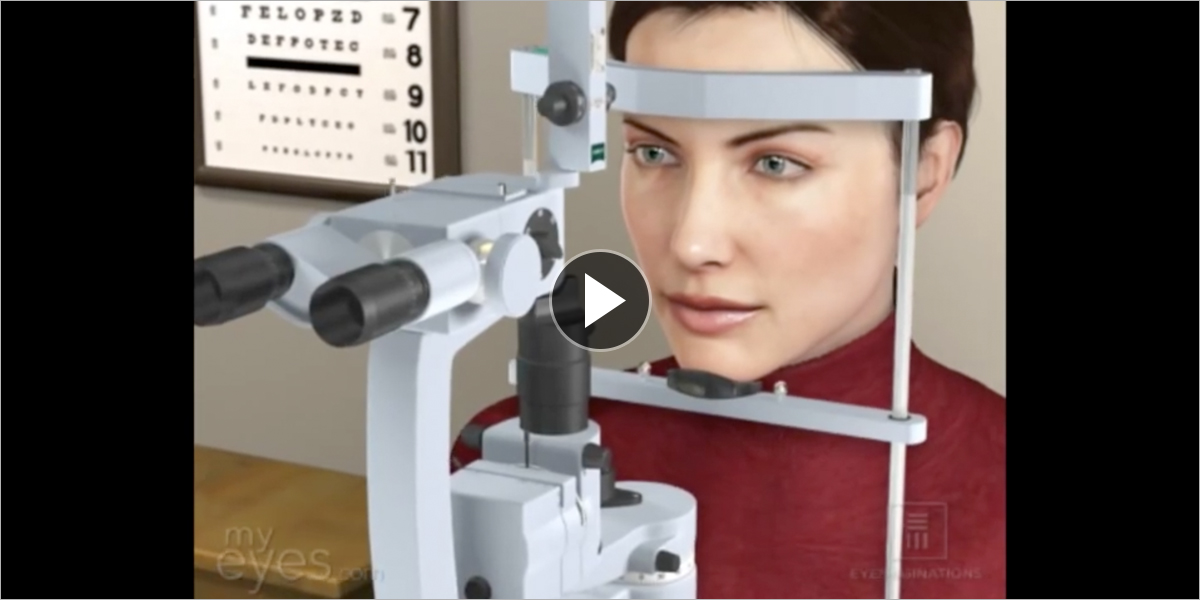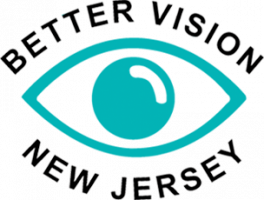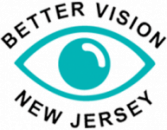Comprehensive Eye Care

While the doctors at Better Vision New Jersey are specialists, they will also take care of your overall eye health. Consistent eye care is beneficial and possibly crucial to treat any condition. Therefore, our comprehensive eye care includes diagnostic testing, medical, and surgical services such as :
- Screening and treatment for common eye diseases through comprehensive eye exams.
- Pediatric evaluations and care.
- Evaluations for patients who have visual complaints but no diagnosis.
- Providing prescriptions for glasses or contact lenses.
Our comprehensive eye exams are non-invasive and very comfortable. A variety of tests and procedures may be employed to evaluate your vision, and such an exam could take up to an hour, or more, depending on the number of tests necessary to fully evaluate your vision and health.

Some tests commonly performed during comprehensive eye exams are:
- Visual Acuity Testing uses eye charts to measure the sharpness of your vision.
- Color Blindness Testing is used early in the exam in some patients to rule out color blindness, and detect eye health problems or hereditary tendencies that may affect your color vision.
- Cover Testing checks how your eyes work together and for binocular vision problems by asking you to alternate between covering the left and right eye with your hand while focusing on a fixation target with your uncovered eye.
- Ocular Motility Testing is used to determine how well your eyes can follow a moving object or quickly move between and accurately fixate on two separate targets.
- Retinoscopy is used to obtain an approximation of your eyeglass prescription, and will be performed either manually or using an automated device.
- Refraction is used to determine your exact eyeglass prescription, using a variety of instrument, most commonly a phoropter, which may or may not be connected to a computer.
- Intraocular Pressure is usually measured by tonometry, which requires a blue light.
- Slit-Lamp Examination gives your doctor a highly magnified view of the internal structures of your eye to determine your general eye health and detect any signs of infection.
- Dilated Examination widens the pupil so the doctor can see the entire lens and the retina out to its periphery without the pupil constricting as it usually does in response to bright light. This is the part of the examination, which requires the most waiting, since the drops used to dilate the pupil can take about 30 minutes to accomplish dilation. The dilated exam is an important part of any comprehensive exam, even if the patient has no specific complaint pertaining to the eye.
Ready to request an appointment?
Fill out the form and we will get back to you shortly!
What makes Better Vision New Jersey so exceptional? Read what our patients have to say.
CLICK ON OUR MAPS FOR DIRECTIONS TO OUR CRANFORD OFFICE


